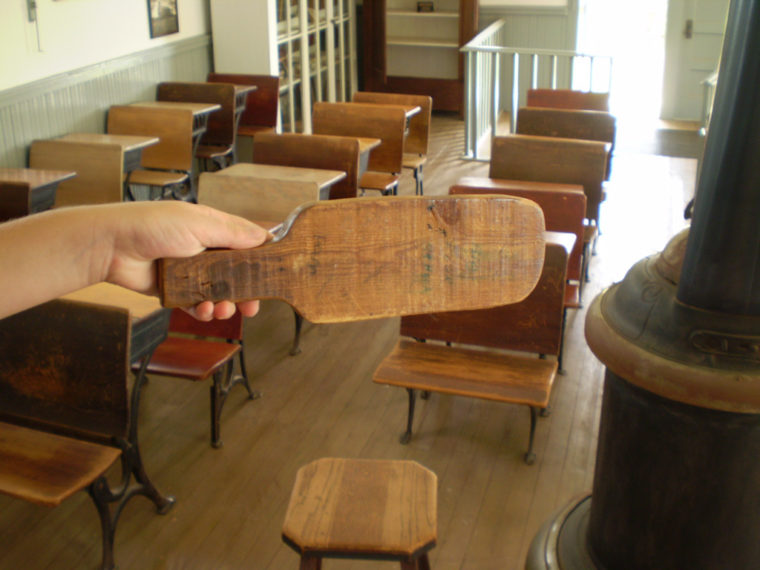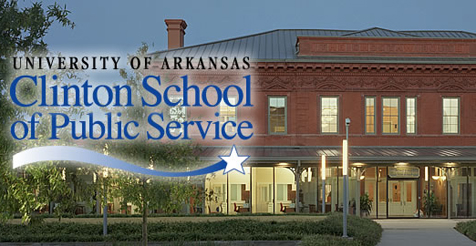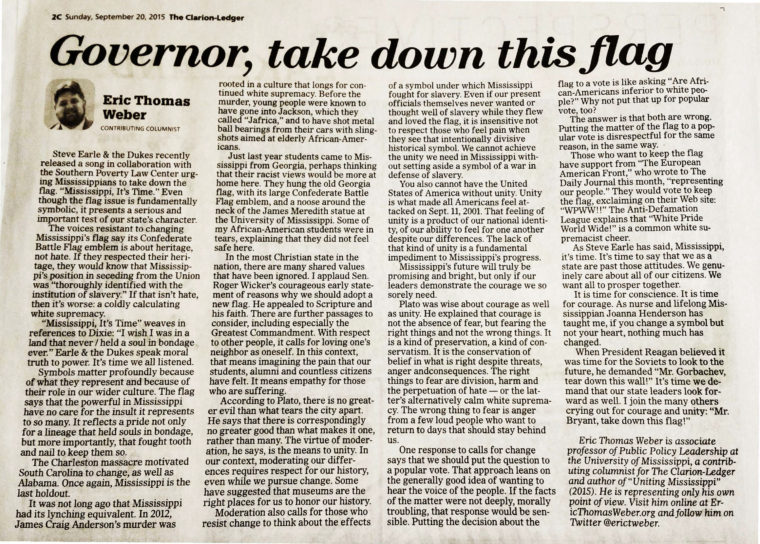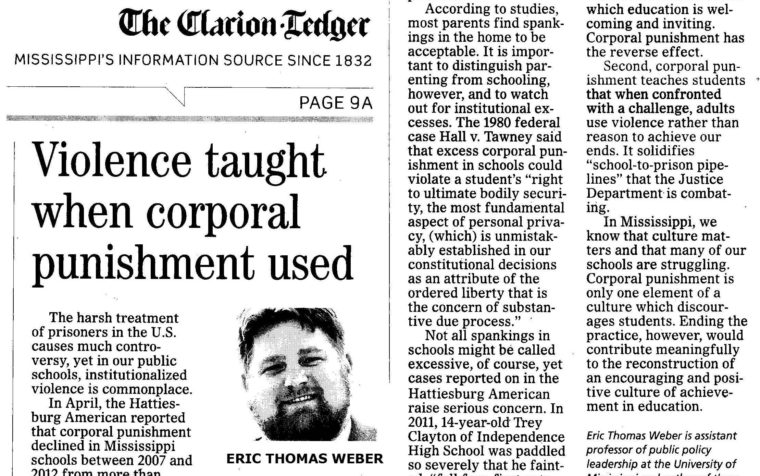The start of another academic year is cause to reflect on the aims of education and the fact that 19 states in the U.S. still use corporal punishment in public schools. Many have yet to learn the counterproductive and harmful effects of disciplining kids with violence. Nowhere is the mistake more troubling than in our public schools.
I have argued elsewhere against school corporal punishment on grounds of the right to security of person and given the Platonic warning that “nothing taught by force stays in the soul.” The aims of education offer a further, crucial reason why we ought to end the use of corporal punishment in public schools.

Critical thinking involves the development of a skeptical attitude, one which expects or hopes to uncover justification or evidence. It appreciates well-founded authorities, understanding authority as a relationship of trust based on good reasons for it. For schools to cultivate critical thinking in young people, kids need to be comfortable questioning their teachers, administrators, and parents. In public schools, we need safe environments in which intellects are allowed and enabled to experiment, to be creative, and to learn whether and why some authorities are warranted, when they are.
Continue Reading »
















 About Me
About Me